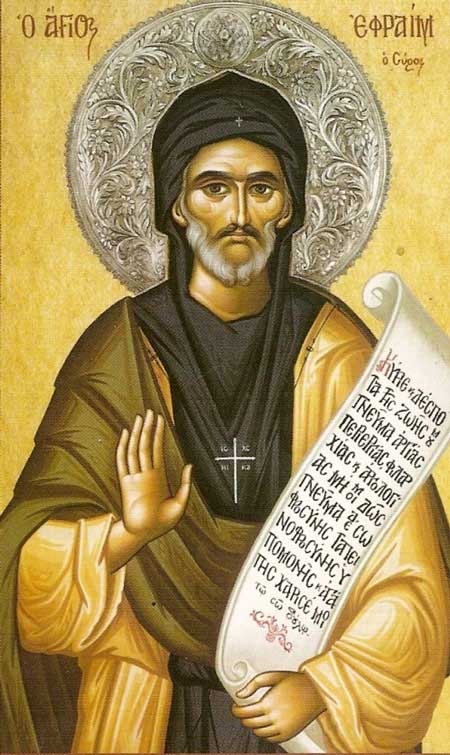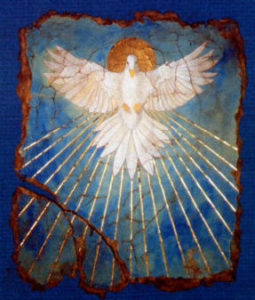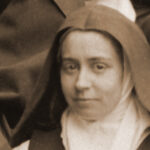Podcast: Play in new window | Download (Duration: 50:46 — 35.1MB) | Embed
Subscribe: Apple Podcasts | Spotify | Amazon Music | Android | Pandora | iHeartRadio | JioSaavn | Podchaser | Gaana | Podcast Index | Email | TuneIn | Deezer | Anghami | RSS | More

Conference 7 – Discerning the Will of God with Fr. Timothy Gallagher O.M.V.
Fr. Timothy Gallagher explores the second and third modes of discernment in Ignatian spirituality and how a person might be drawn to a life choice through a process of interior movement. Using the story of a sister named “Jessica,” he illustrates how deep spiritual consolation can gently and consistently pull a person toward a particular vocation, in this case religious life. Such a process often unfolds gradually over time, rather than through a single decisive moment. This path involves both an increasing clarity of heart and an alignment with God’s invitations, marked by joy, peace, and a growing desire for a closer relationship with God.
The third mode of discernment comes into play when the first two do not yield sufficient clarity. Here, one prayerfully weighs the advantages and disadvantages of each option in light of how they would serve God’s glory and foster spiritual growth. Fr. Gallagher draws on the example of St. Ignatius’ own discernment regarding the degree of poverty to embrace in the Society of Jesus, showing how careful reflection, prayer, and consultation lead to a sound decision. It’s important to approach this process with inner freedom, a disposition of openness to God’s will, and attentiveness to the movements of the heart, all supported by wise counsel and spiritual practices.
You can find various handouts spoken of by Fr. Gallagher in the links below:
- Handout 1: https://www.discerninghearts.com/PDF/Discerning_the_Will_of_God-DISCERNING_HEARTS.pdf
- Handout 2: https://www.discerninghearts.com/PDF/Text-of-St-Ignatius-SpirEx,175-188.pdf
Discerning Hearts Reflection Questions
- Am I aware of any consistent interior attraction drawing me toward a particular choice or vocation?
- Do I notice moments of spiritual consolation that invite me into deeper relationship with God through certain life options?
- Have I allowed sufficient time for these movements of the heart to deepen and clarify over time?
- Am I cultivating an inner openness to God’s will, truly ready to follow whatever He desires for me?
- Am I regularly using spiritual practices—such as Scripture, the Eucharist, silence, and the Examen—to help discern God’s invitations?
- Have I sought wise spiritual counsel to accompany me in my discernment process?
- If clarity has not emerged through consolation, am I prepared to thoughtfully weigh advantages and disadvantages in light of God’s glory?
- Do I prayerfully consider how each possible choice may help make God more known and loved in the world?
- Have I gathered all the relevant information I need to discern a choice responsibly and clearly?
- Before making a decision, have I sincerely presented it to God in prayer, asking for guidance and confirmation?




 Sequence — Veni, Sancte Spiritus
Sequence — Veni, Sancte Spiritus













